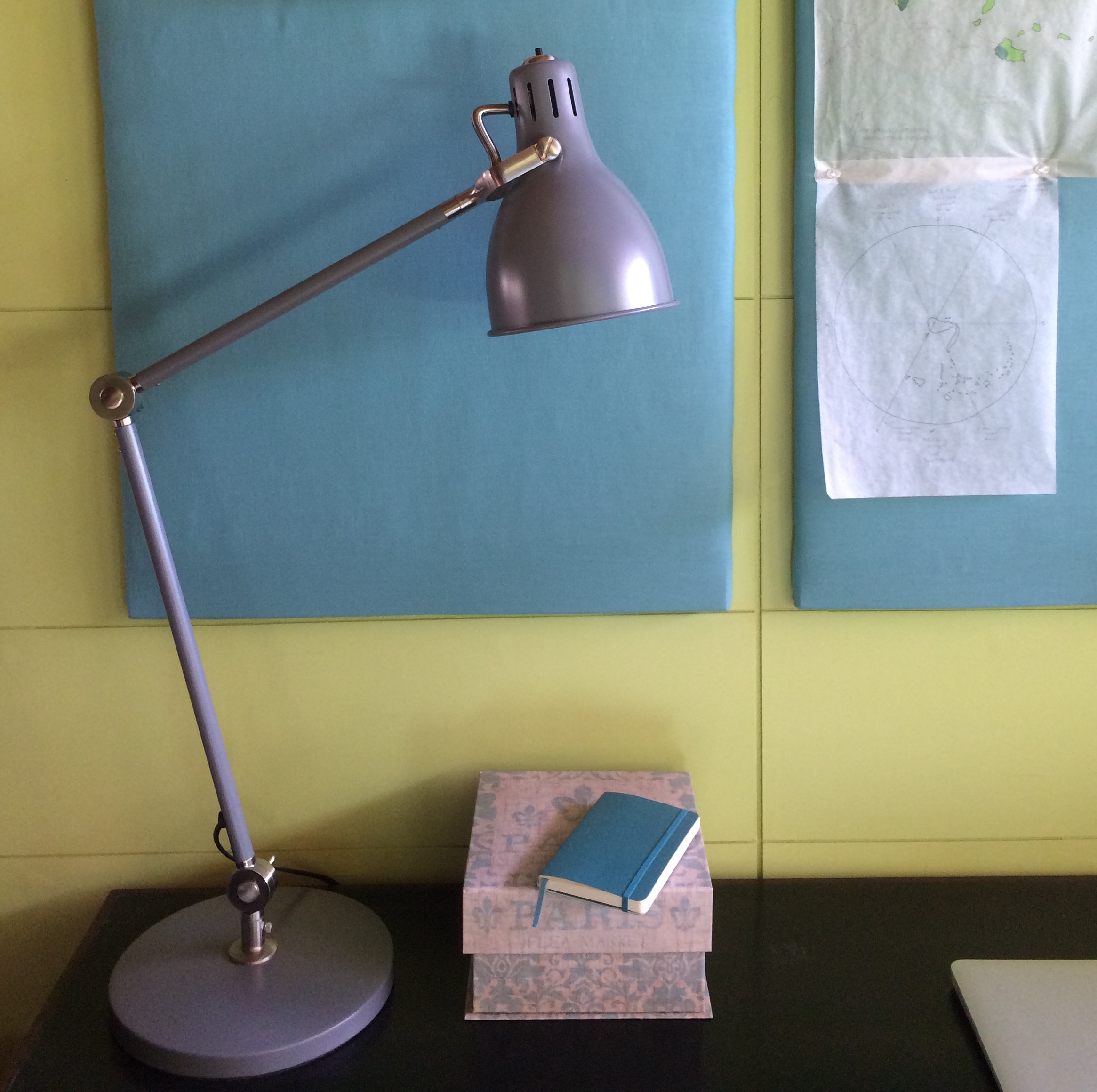I love systems. When tackling a difficult task, having a clear procedure makes it easier to start, and smooths the road to the finish line. Because of this, I sometimes spend as much time setting up systems as actually doing the work. Procrastination anyone?
Sometimes I spend too much time “researching” other people’s systems. How do bullet journalers set up projects? How do writers organize the editing process? If their systems work for them, surely they’ll work for me. Or maybe I’ll just take a little of this system and a little of that one to customize my own. Sometimes it’s totally worth the time invested though.
Right now I’m back to editing. I’ve collected several editing systems during my time writing this novel, but I haven’t quite settled into a comfortable fit yet. So, of course, I’m watching YouTube videos and listening to podcasts to see how I’m going to tweak my system this time.
As I reviewed multiple editing tactics, I realized something. Many writing systems are essentially a series of questions. The Three-Act Story Structure asks, among other things, “What kicks off the story?” A character questionnaire might ask, “What is your protagonist’s favorite color?”
4 Outcomes to Asking Questions
Questions like these lead to four possible outcomes:
1. I already know the answer, so the question doesn’t solve anything.
2. I force myself to produce answers, but they’re meaningless to my story.
3. I can’t come up with an answer, which leads to frustration and wasted time.
4. I find an answer that gets my creative juices flowing and improves my story.
Number four is the goal, of course, but it can be elusive.
3 Types of Questions
After much experimentation, I’ve found that certain types of questions help me more than others. Here are three that I’ve learned to pay attention to:
1. Questions from good coaches, beta readers, critique partners, editors.
I’ve had experienced readers ask me questions that completely change my understanding of my structure or characters or plot. Sometimes the right question from a trusted reader will help me fix a problem I’ve struggled with for months, or even years.
2. Questions that arise as I work on the manuscript.
I’ve learned to pay special attention to text that doesn’t feel quite right, even if I’m not sure why. Questions that niggle at me just under consciousness are often sign posts to what’s really wrong with a manuscript.
3. Basic questions.
The greatest of these are Why? and How? They can be asked at any scale and any stage of writing. I’ve noticed that coaching guru Jennie Nash1 often adds the word exactly to this sort of question.
For example, if we consider Lewis Carroll’s The Lion, the Witch and the Wardrobe, we could ask: Why exactly does Edmund go see the White Witch?
On the surface, he appears to be seduced by Turkish Delight.
But is that exactly right? If we look deeper, he may be trying to escape his siblings.
Dig even deeper, and we may find a hunger for power lurking in Edmund’s subconscious.
Settling for the first, most obvious answer doesn’t get at what really matters. And for a novelist, understanding what really matters is crucial to writing a rich and satisfying story.
2 Skills
When it comes to asking questions of your manuscript, two skills will be invaluable:
1. Find people who are good at asking the right questions.
2. Train yourself to pay attention to problems and ask yourself Why? and How?—over and over again.
1 Awesome Manuscript
Hopefully, when you get to the end of your questions, you’ll have one awesome manuscript.
1Jennie Nash is the founder of Author Accelerator, which trains and certifies book coaches as well as matching them with writers.

